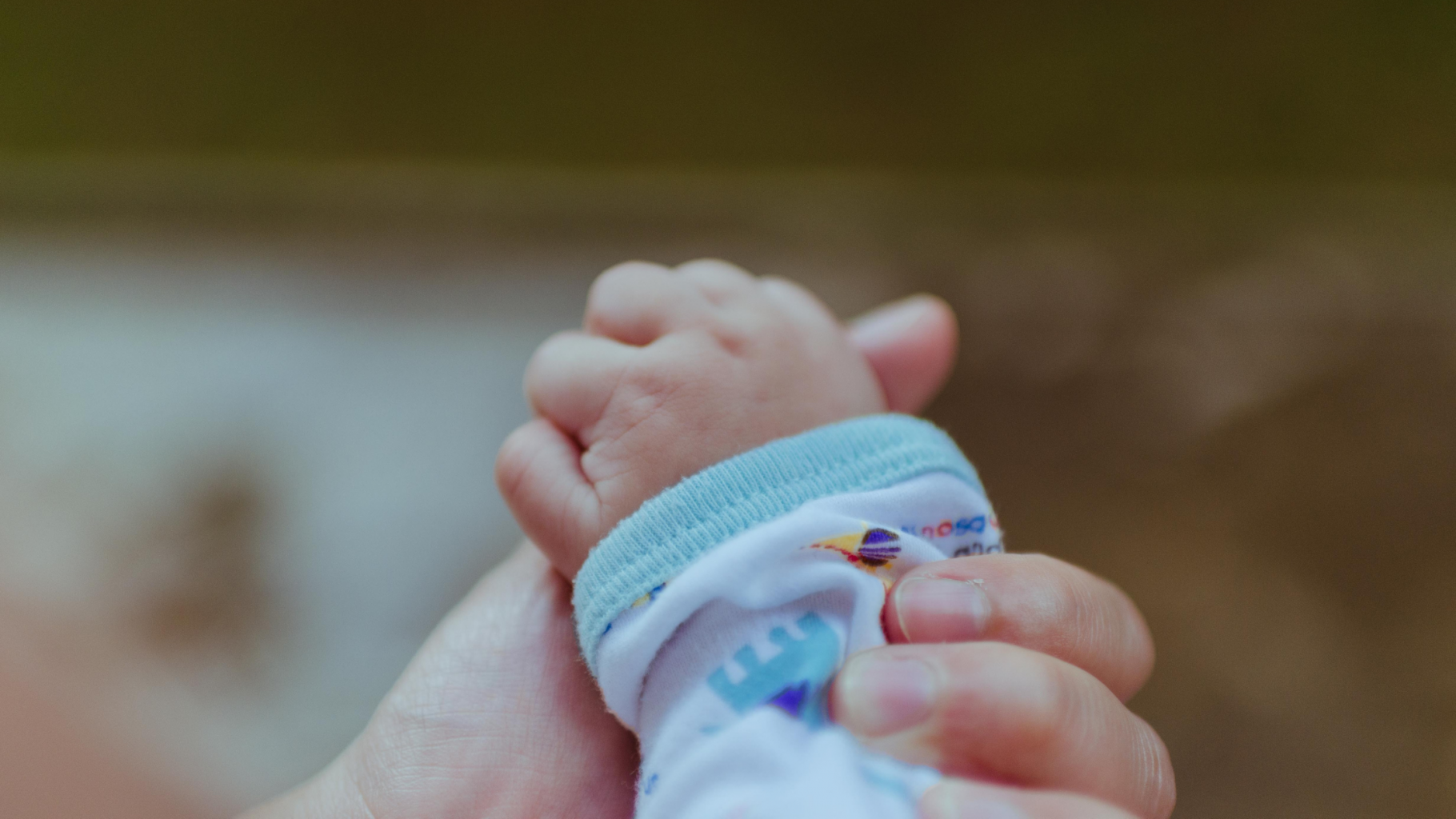Sleep And Separation Anxiety
Separation anxiety can be quite a common experience amongst both new parents and experienced ones. Some parents may be able to manage it and can see the signs of anxiety due to separation when it first begins, but others can struggle to identify it and how it may be affecting their little one’s lives, especially their sleep. Today we’ll be chatting about the association between sleep and separation anxiety and how you can overcome bedtime difficulties because of separation anxiety.
What is separation anxiety?
Have you ever turned to walk away from your little one after settling them down for a nap, only to find that after taking just 2 steps away from the cot, they start to cry? And they don’t stop until you come back and sit with them or pick them up. This is a form of separation anxiety common in babies when reach about the 6-month-old mark. It’s actually signifies a developmental milestone for babies, showing that they’ve come to gain their sense of object permanence (the knowledge that even if something isn’t with them, it still exists). If you’re not with them, but they know you exist, well, they’re likely going to miss seeing your wonderful face. And so, begins the struggle.
How does separation anxiety affect a baby’s sleep habits?
While separation anxiety is technically a ‘good’ thing because it’s all part of baby’s development, it may end up causing a lot of grief at bedtime.
If a baby suffers from anxiety due to separation, it’s hard for them to focus on anything else or relax when their parent isn’t nearby. When they’re tired, they may resist sleep unless you’re in the room with them until they fall asleep. If they wake and you’re not there, they may cry until you come back. They may also find it harder to get to sleep when they know you’re not always going to be with them.
Best ways to avoid bedtime anxiety
Start playing peek-a-boo with your little one.
The classic peek-a-boo game helps babies understand that though you may be out of sight, you won’t be gone forever.
Try not to sneak out when they’re falling asleep.
This may cause more harm than good as baby can become scared and confused when all of a sudden, you’re not there.
Give them something to sleep with that has your smell.
If your little one is old enough to sleep with a lovey, sleep with it yourself for a week or so. You’ll find that it picks up your scent and may help baby stay calm when you’re out of the room.
I hope this has helped anyone struggling with their little one’s sleep time habits.
As always, sleep sweetly and deeply x

